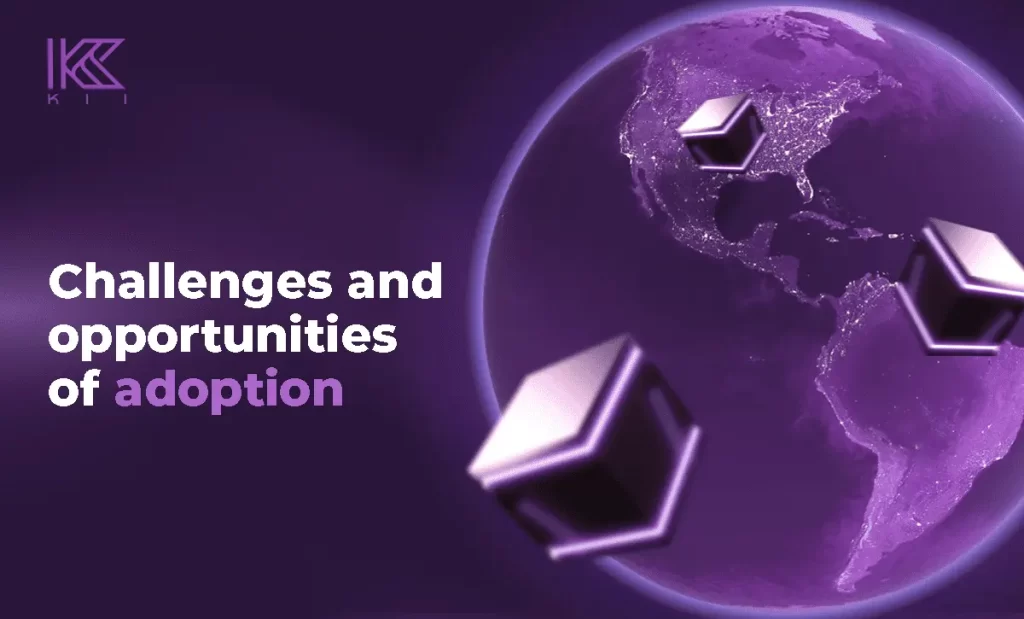In the financial landscape of Latin America, legacy remittance systems like ACH and SWIFT persist, with their antiquated infrastructure contrasting the emergence of decentralized and centralized alternatives that offer cutting-edge technology. While these new platforms streamline transactions, they face obstacles in the final stage of the process, impacting the economic viability of the peer-to-peer (P2P) model.
Currently, the region experiences significant challenges in terms of scalability, as the transaction processing capacity per minute is limited. Ethereum, for example, is forced to resort to techniques such as sharding and batching to maintain operational flow, given its limit of 30 transactions per second. Additionally, fees associated with these transactions are highly variable, depending on network congestion, and can reach exorbitant levels. For this reason, there is a growing trend towards migration to alternative networks, such as the Tron network. However, the need for a decentralized and robust solution persists, as even these alternatives face congestion issues.
Critical factors for blockchain adoption in Latam.
In the emerging markets of the region, approximately 50% of the population faces limited accessibility to financial, banking, and credit services, while the other half is affected by high costs. One of the critical factors influencing this situation is the lack of trust and security offered by blockchain companies and platforms, largely stemming from the absence of regulatory structures and strong alliances with traditional financial systems. Although the demand for access to financial and banking services is evident, the lack of state regulation and the negative perception of these companies undermine their credibility and limit their growth.
Blockchain adoption in Latin America faces significant challenges, from technical scalability issues to regulatory and trust barriers. However, the pursuit of innovative solutions and collaboration with regulatory entities can pave the way for a more successful and sustainable implementation.










